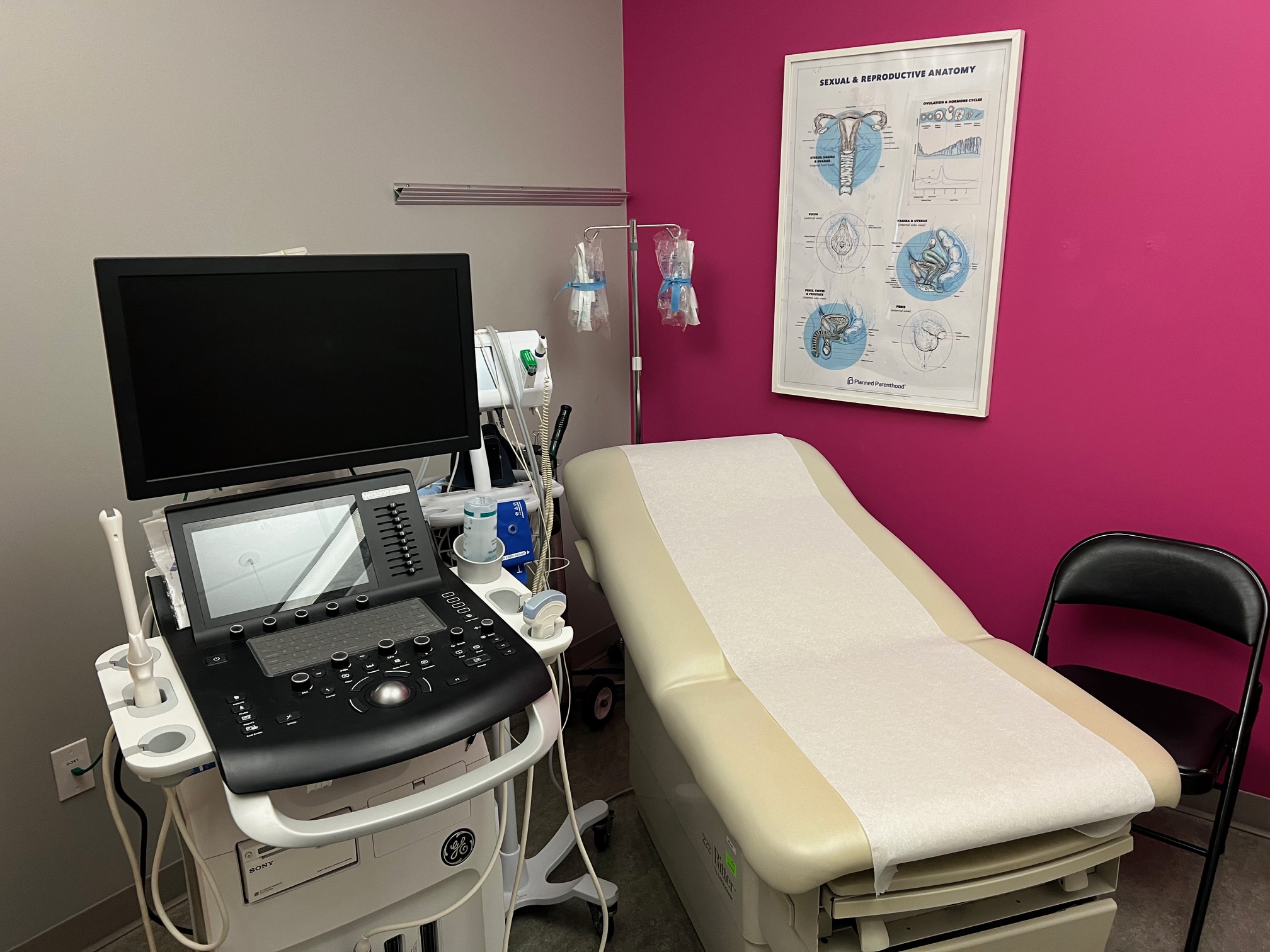Support for abortion access in Florida cuts across party lines, according to a survey published this month.
The survey from KFF, a health policy research and news organization, polled women of reproductive age.
Nearly 3 in 4 respondents in Florida said they think abortion should be legal in all or most cases, including 86% of women who identified as Democrat and 51% as Republicans.
Just over two-thirds of women said they support a nationwide right to abortion.
It’s personal to a lot of people, said Brittni Frederiksen, associate director of women’s health policy at KFF. The survey found nearly 1 in 5 women reported they have had an abortion, including similar shares of Republicans and Democrats.
“I think it just highlights how abortion is a relatively common health care service that people want access to,” Frederiksen said. “And it is, you know, a very political issue right now, but it also, I think, will motivate people to go vote.”
Amendment 4 is on the November ballot in Florida and requires 60% of the vote to pass. It asks voters to choose whether to make abortion legal in Florida until fetal viability, which is around 24 weeks, or when a health provider deems necessary.
Right now, abortion is banned after six weeks with some exceptions.
Confusion and anxiety about abortion bans
Like all states with abortion bans, that includes an exemption for when a pregnant person’s life is in danger. But that can be hard to define, and there have been reports of doctors turning away patients experiencing health complications because they fear legal repercussions.
That may be adding to anxiety women have about how abortion bans affect their health. Sixty percent of women who responded to the survey say they’re concerned that they or someone close to them wouldn’t be able to get an abortion to protect their life or health. A similar number said abortion bans may affect the safety of a potential future pregnancy.
The survey also identified information gaps about abortion in Florida.
Just under 30% of respondents said they’re not sure about the legal status of abortion in Florida, while only 18% are aware that medication abortion is still legal and 9% know they could access the pills online.
Medication abortion is legal in Florida until six weeks of pregnancy in accordance with its current ban, but the state does not allow doctors to prescribe the pills online or ship them in the mail. But Florida’s criminal penalties for abortion don’t apply to pregnant people, and there are websites where patients can access the medication from doctors in other states.

More than a third of young women respondents in Florida told KFF they wouldn’t know where to get an abortion or where to find information about getting an abortion if they wanted or needed one in the near future.
“People are confused or are maybe not just paying attention to the conversation and the policies around abortion,” Frederiksen said. “Abortion is one of those things that only affects a certain share of the population; however, this was among reproductive-age women, so this is a population that could be highly affected.”
Frederiksen said more needs to be done to educate the public about abortion care and the latest restrictions so they can make informed decisions about their health and at the ballot box this November.
The results stem from a survey of 512 women in Florida ages 18 to 49. It was conducted in May and June, after Florida’s law went into effect and before President Joe Biden ended his bid for reelection. The Florida sample is part of a broader poll of thousands of Americans for the KFF’s Women’s Health Survey.
Floridians’ views on abortion were often similar to those of young women nationally. A majority of survey respondents nationally also support expanded abortion access and are concerned about the effects of current abortion bans.
About one in 10 women of reproductive age say they personally know someone who has had difficulty getting an abortion since Roe v. Wade was overturned in the summer of 2022.
Travel, cost and lack of awareness about options were commonly cited as factors that make it harder to get care, especially for respondents with low incomes.







